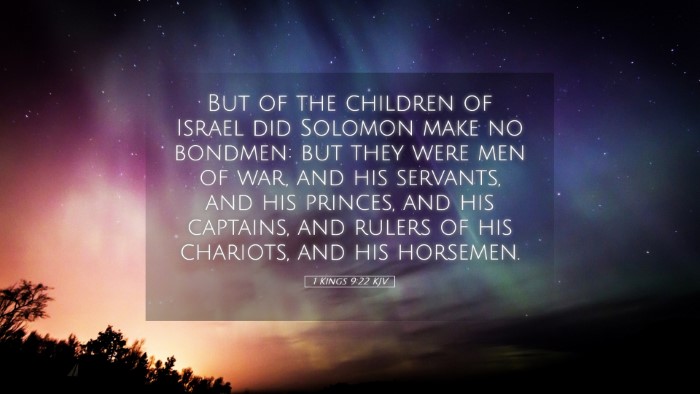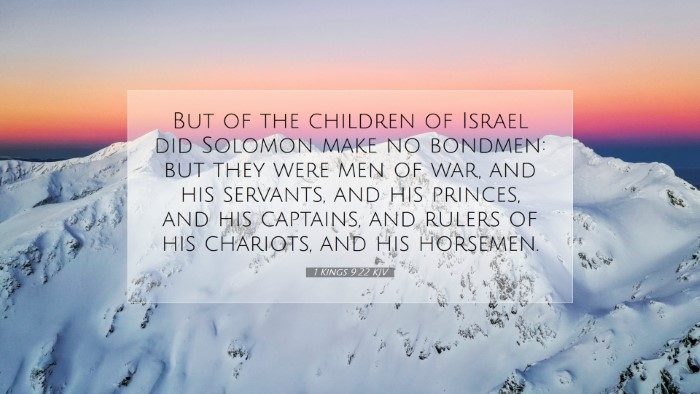Old Testament
Genesis Exodus Leviticus Numbers Deuteronomy Joshua Judges Ruth 1 Samuel 2 Samuel 1 Kings 2 Kings 1 Chronicles 2 Chronicles Ezra Nehemiah Esther Job Psalms Proverbs Ecclesiastes Song of Solomon Isaiah Jeremiah Lamentations Ezekiel Daniel Hosea Joel Amos Obadiah Jonah Micah Nahum Habakkuk Zephaniah Haggai Zechariah MalachiVerse
1 Kings 9:1 1 Kings 9:2 1 Kings 9:3 1 Kings 9:4 1 Kings 9:5 1 Kings 9:6 1 Kings 9:7 1 Kings 9:8 1 Kings 9:9 1 Kings 9:10 1 Kings 9:11 1 Kings 9:12 1 Kings 9:13 1 Kings 9:14 1 Kings 9:15 1 Kings 9:16 1 Kings 9:17 1 Kings 9:18 1 Kings 9:19 1 Kings 9:20 1 Kings 9:21 1 Kings 9:22 1 Kings 9:23 1 Kings 9:24 1 Kings 9:25 1 Kings 9:26 1 Kings 9:27 1 Kings 9:28

